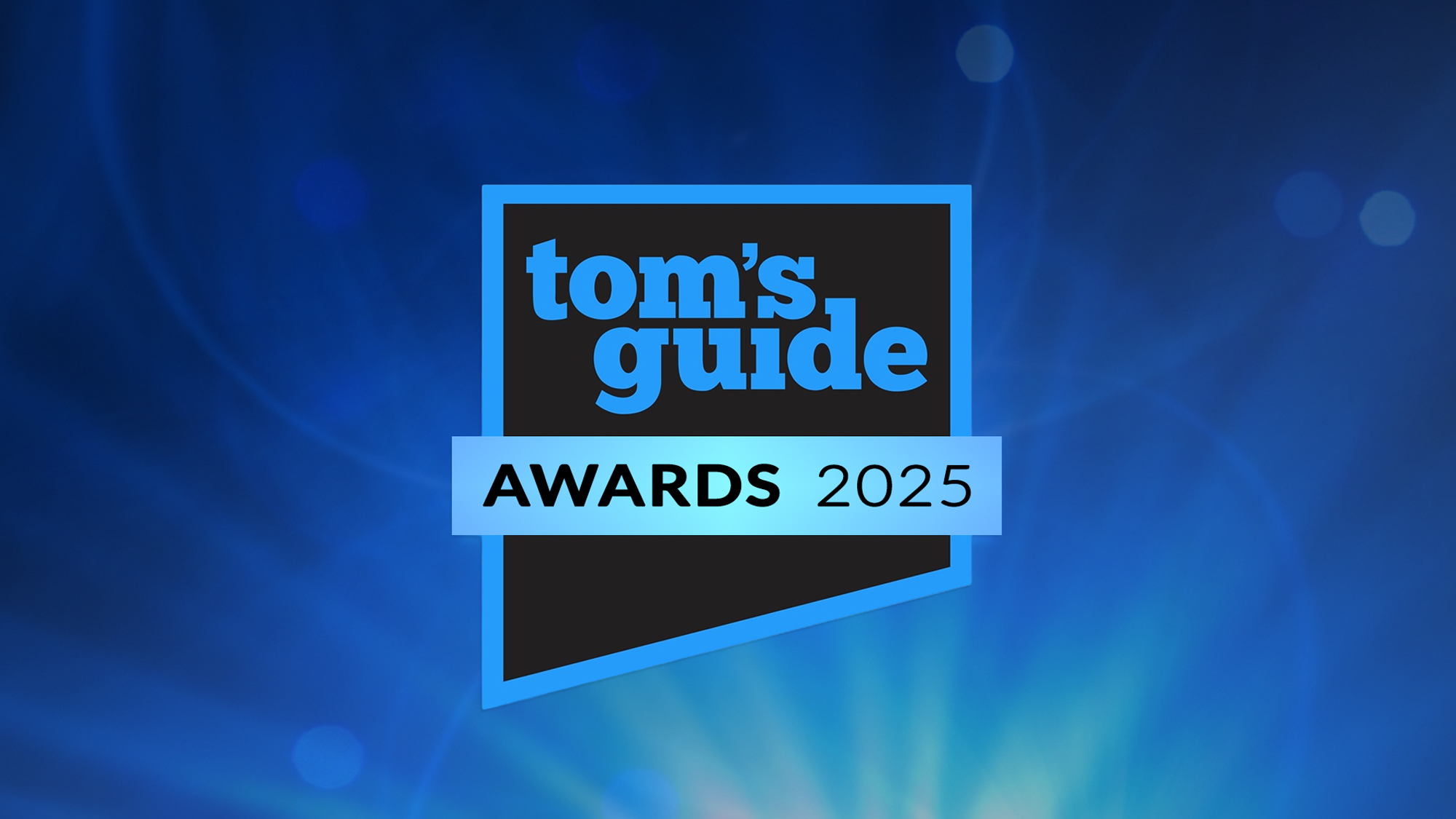Tech
Latest about Tech

How to get a Dell student discount
By Rory Mellon last updated
Here's how to get a Dell student discount and save up to 10% on a range of high-quality laptops, monitors, PCs and more.

The future of wearable wellness tech: 5 wild predictions for 2035 according to experts and industry leaders
By Dan Bracaglia published
Batteries that stay charged forever, contact lenses that remember names and health sensors on everything imaginable, from your steering wheel to your underpants

The World in 2035: A Sneak Peek at the Gadgets of Tomorrow
By Mark Spoonauer, Nick Bush published
From smart patches that can read your vitals to AR glasses that could replace your phone, Tom’s Guide takes a deep dive into what’s next for tech.

How to get a Best Buy student discount — and save big
By Rory Mellon last updated
Best Buy student discounts are a thing of the past. Here's how you can still save on your back to school shopping.

Tom's Guide Awards 2025: All the big winners across 12 categories from phones to homes
By Anthony Spadafora published
These are the Tom's Guide Awards 2025 winners across categories like TVs, AI, Photography, Automotive, Sleep, Streaming and more.

Tom's Guide Awards 2025: The brands, innovations and products that excite us the most
By Tom's Guide Staff published
These are the Tom's Guide Awards 2025 winners in our Hero Awards category which covers the latest innovations, best design, impressive sustainability efforts and more.

Apple back to school sales are live from $22 — here are the best deals to shop this week
By Olivia Halevy published
Back to school season is almost here. I've rounded up the best Apple deals to help you have a successful semester.

The best power banks for travel, work, and emergency charging — tested in the real world
By Jason England last updated
Need to keep your devices going while you're on the go? The best portable chargers to keep them juiced up.

Exclusive: I tested the motorized Tech Deck Shred n’ Blast Sk8board — and it could be the toy of the year
By Kate Kozuch published
I went hands-on with the Tech Deck Shred n’ Blast Sk8board, a $24.99 motorized fingerboard toy that launches over six feet in the air and brings high-energy action to classic Tech Deck play.
Here at Tom’s Guide our expert editors are committed to bringing you the best news, reviews and guides to help you stay informed and ahead of the curve!

